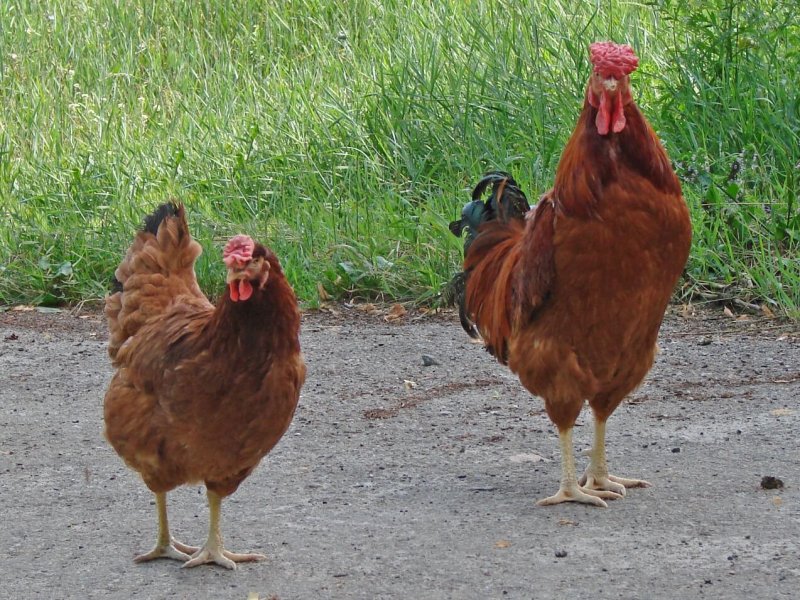In many low and middle-income countries, indigenous chickens are an integral part of the farming system and are an important resource for enhancing food security and livelihoods, especially in rural communities.
…
In Africa, Newcastle disease (ND) is endemic and poses a substantial threat to the poultry sector. Currently, it is the most devastating disease and a major challenge for African smallholder producers. Highly pathogenic strains of the ND virus can result in 100 percent mortality in affected flocks and can have significant economic impacts in rural communities.
…
Genetic selection and breeding of indigenous chickens with enhanced innate resistance to NDV offers a promising approach to compliment traditional disease prevention and control measures. Over the past decade, scientists have mapped the chicken genome allowing for genetic improvement of targeted traits, including disease resistance.
…
The Genomics to Improve Poultry Innovation Lab (GIP IL) is applying cutting-edge genomics and genetics approaches to develop an economical selection platform that includes genetic markers, biomarkers, and indicator traits associated with ND resistance and other economically important traits, such as egg production and growth rate.































